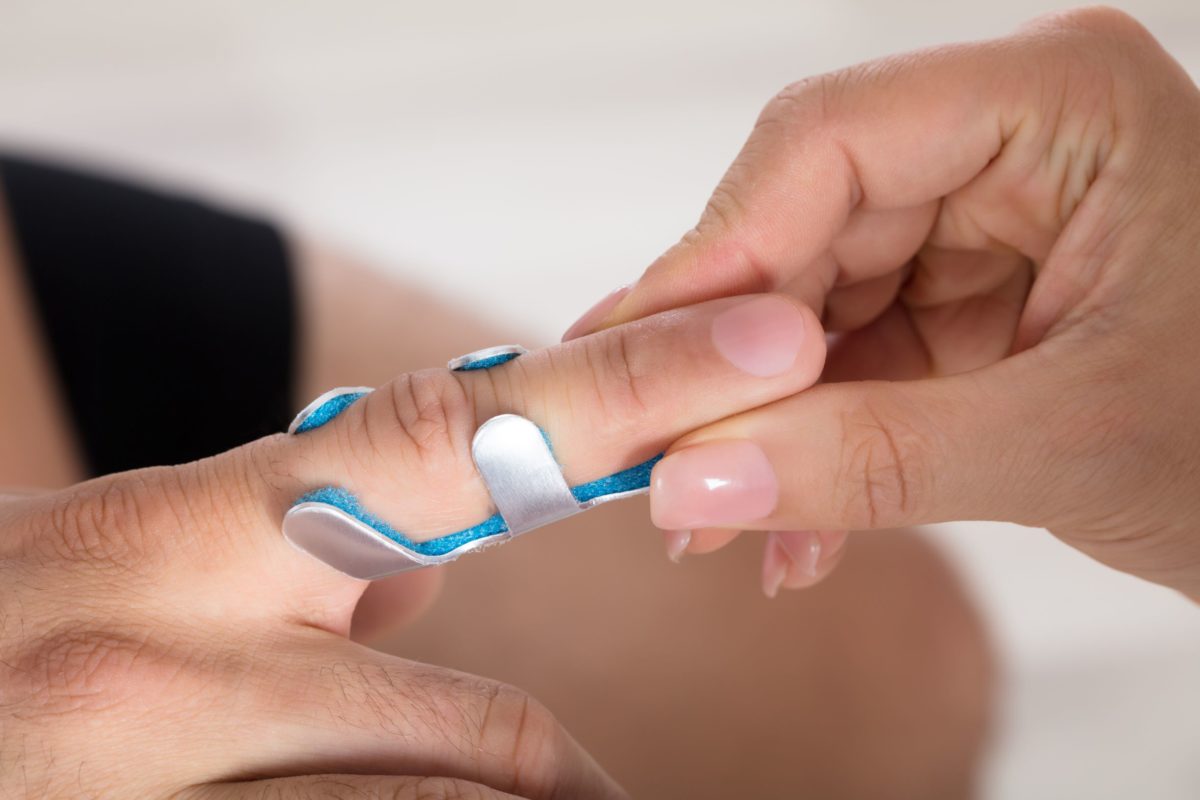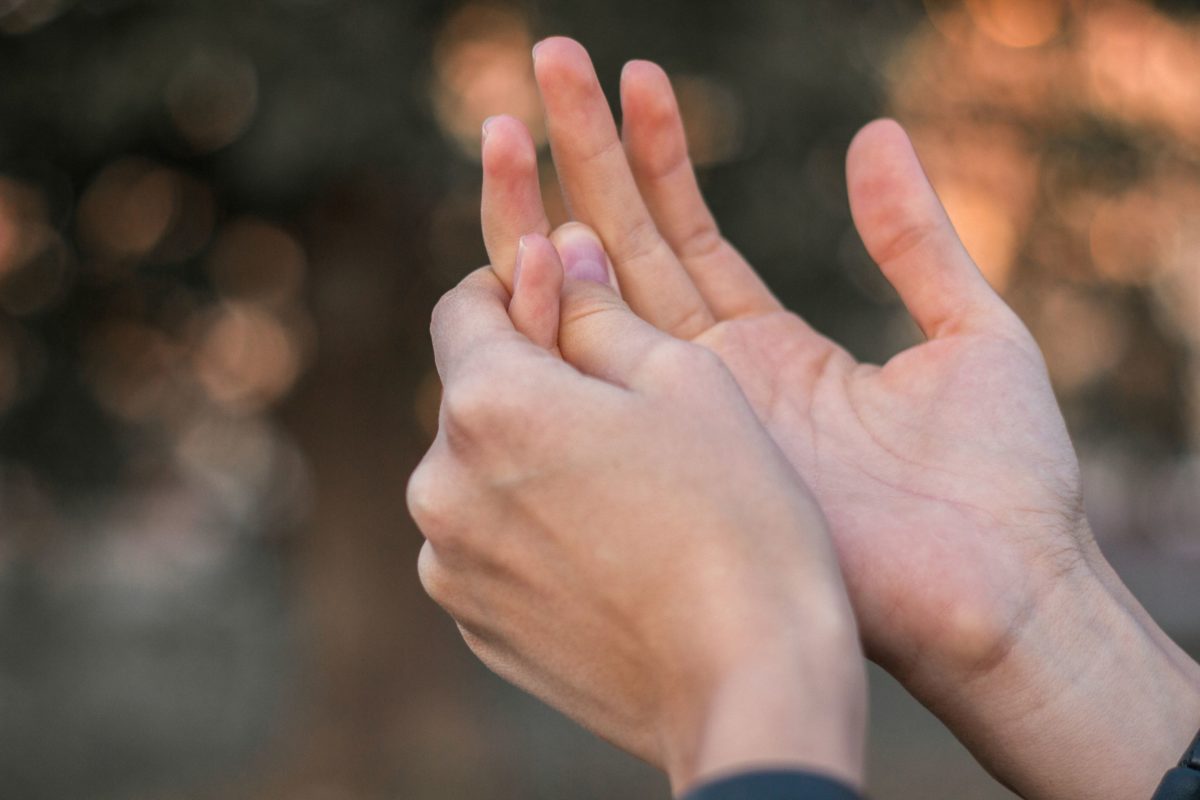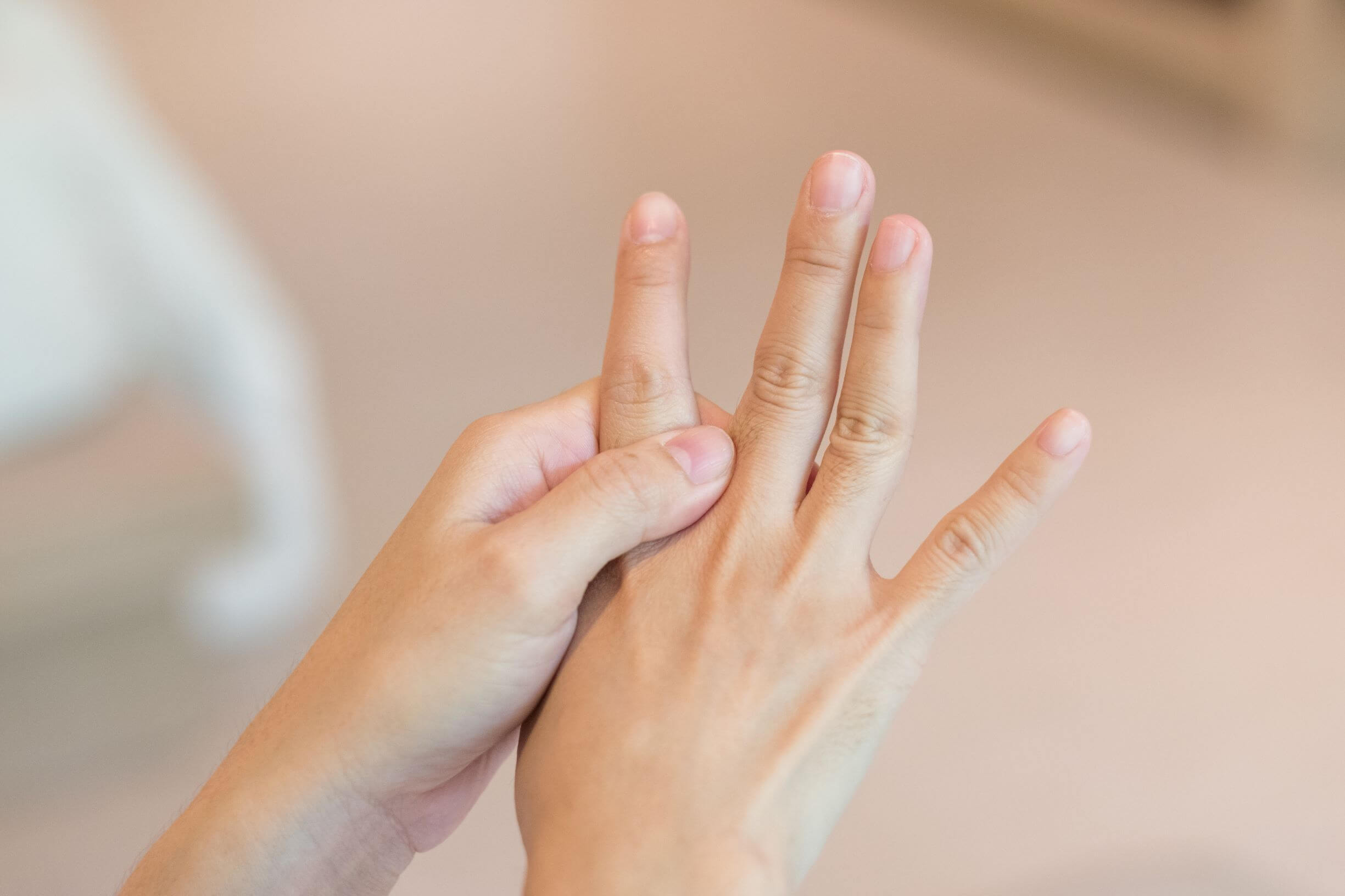If you have a broken knuckle, it’s likely very painful, red, and swollen, and you probably won’t be able to move it for days or weeks. Despite this injury, many people mistakenly assume that it will heal on its own … and it might. But if you don’t seek broken knuckle treatment as soon as possible, the recovery process will take longer than necessary.
More importantly, the knuckle may heal incorrectly, leading to a deformity in the finger and possibly damaging the nerves around it. If that does happen, correcting the problem may require a surgical procedure, so it’s important to get the injury treated rather than face the effects indefinitely.
Signs and Symptoms of Broken Knuckles
The problem is that you can’t tell if a knuckle is broken or only bruised by looking at it. In order to determine the extent of the injury, make an appointment to see our hand specialist at a southeast Michigan office near you.
In the meantime, following are some of the signs that your knuckle may be broken, not only bruised.
- Difficulty moving that particular finger
- Swelling of the finger and hand, particularly in that area
- Bruising
- Redness
- Pain
- A visibly misshapen hand
- Cut or pierced skin
- Depressed knuckle
- Popping or cracking sound when you try to move it
Many patients say that their hand began to swell about 10 minutes after the injury, but the bruising may become visible instantly.
Having a depressed knuckle is one of the clearest signs that the knuckle is broken rather than bruised. The length of time that it takes to recover is also a sign. A bruised knuckle generally heals within a few days without long-term effects. A broken knuckle may take several weeks to heal completely, and even then you may never get proper function back in that finger if you did not seek treatment right away.
Broken Knuckle Treatment Options
Known as metacarpal fractures, common causes of broken knuckles include punching something, getting your finger stuck in a door or window, getting injured while playing sports, and falling.
Broken knuckle treatment aims to alleviate pain and swelling in the short-term, as well as facilitate proper healing for later.
As a first aid treatment for a broken knuckle, start with applying a cold pack to the area to minimize pain and swelling. Try to keep your hand in an elevated position as well.
When you come in to see Dr. Arora for broken knuckle treatment, he will likely immobilize that finger so that the knuckle can heal. It may involve “buddy taping” that finger to the one beside it or using a splint or cast. The use of over-the-counter or prescription pain medication may help as well. If the injury involved a cut or wound, you may need antibiotics to prevent infection.
Surgical Treatment Options for Finger Injuries
Most of these injuries don’t require surgery, but that may be necessary if you have an open fracture, pieces of the bone are unstable, the tissues are damaged, or multiple fractures exist in the same area.
The type of surgery for broken knuckles depends on the severity and location of the injury. The possibilities include:
- Internal fixation, which involves making an incision and realigning the knuckle
- External fixation, which involves using pins to secure a metal frame around your finger or hand to keep the knuckle in place until it heals
After you have healed, you may need to work with a hand therapist to recover the functionality of your hand.
For broken knuckle treatment in southeast Michigan, make an appointment to see Dr. Arora in West Bloomfield, Howell, Warren, or Macomb Township.
















